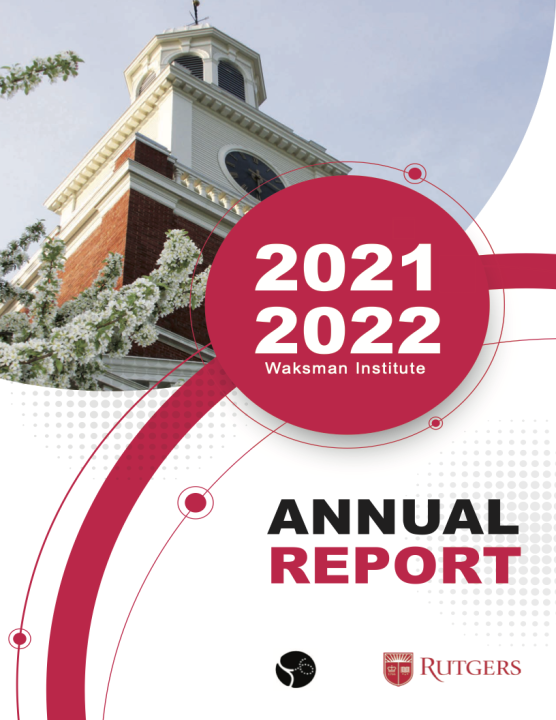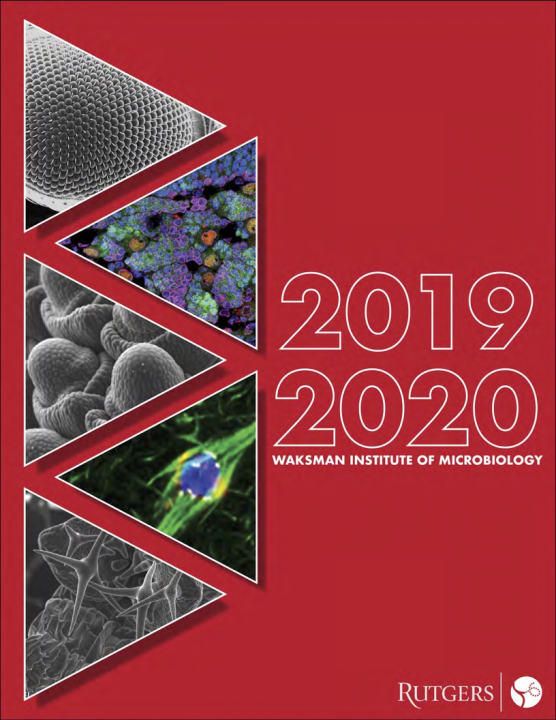About Waksman
The primary focus at Waksman is centered on fundamental questions in microbial, animal, and plant research. Our aim is to push the frontiers of scientific discovery into explorations on morphogenesis, sustainable energy, cancer, fertility, congenital disabilities, neurologic disorders, nutrition and drug resistance to infectious diseases.
The Core Facilities provide researchers with access to state-of-the-art instrumentation and exposure to emerging technologies. Our facilities are available to researchers interested in specific areas of expertise, and offer high-quality services to both internal and external clients.
The 15 member faculty take are active participants in the educational mission of Rutgers University through the teaching and training of students at the undergraduate, graduate and postdoctoral level. They hold joint appointments in several academic departments at the University:
- Molecular Biology and Biochemistry
- Chemistry and Chemical Biology
- Genetics
- Plant Biology and Pathology
The administrative team supports operations, information technology, human resources, and sponsored awards. People Directory
The Waksman Endowment, along with research grants, gifts from private foundations and individuals, and the State of New Jersey, help the Institute provide valuable resources and enhance new and ongoing initiatives: assist in attracting top faculty, fund student researchers, and support for the Institute's operational needs.
Our History
Dr. Selman Waksman made significant contributions to society and Rutgers. In 1944, his team discovered several "antibiotics." In 1951, from the royalties of their patents, he created the Waksman Foundation for Microbiology and funded the construction of the Institute of Microbiology on Rutgers, Busch Campus in Piscataway, NJ. In 1952, he won the Nobel Prize in Medicine. In 1973, Rutgers renamed the Institute in his honor following his death. In 1985, the American Chemical Society (ACS) named Waksman Institute as a National Historic Chemical Landmark.
Letter from the Interim Director
Over the past year, I am pleased to note that in addition to being able to fully welcome undergraduate students back in to our research laboratories, we were also able to resume on site, in person instruction for our high school science outreach programs this summer. Highlights of the past year include the recruitment of Dr. Nick Stavropoulos as a new Associate Research Professor, promotion of Dr. Juan Dong to full Professor, and the receipt of $2 million in state funding for the Waksman Imaging center. The new instruments obtained for this center will provide researchers at Rutgers with powerful new capabilities for analyzing tissues, cells, and molecules. I also want to congratulate Dr. Andy Singson on his election as a Fellow of the American Association for Advancement of Science and the selection of Dr. Annika Barber as a Scialog: Microbiome, Neurobiology and Disease Fellow.
Annual Report
Waksman Research Fund
Research Opportunities - Seminars and Academic Innovation
Your contributions enables the Institute to host lecturers and speakers from leading research institutions around the world, to meet the academic needs of faculty and students, and to provide pathways to attract top talent, foster collaboration, and inspires innovation.
Endowed Chairs and Professorships
Chairs Molecular Genetics and Plant Molecular Genetics
The highest honor the university can bestow upon faculty, endowed chairs enable Waksman Institute to compete for scholars who are in high demand around the country and the world.
- Selman Waksman Endowed Chair of Molecular Genetics
- Joachim Messing Endowed Chair of Plant Molecular Genetics
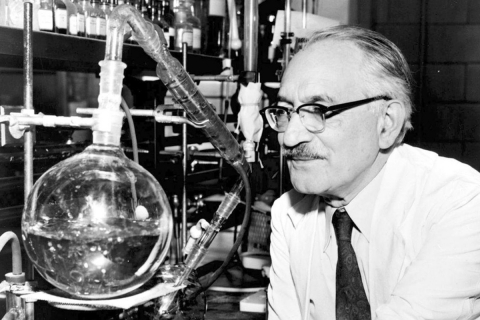
Endowed Chairs and Professorships
Waksman Student Scholars Program (WSSP)
Outreach Opportunities
Provides authentic research in microbiology and bioinformatics opportunities for local high school students and their biology teachers. By actually doing science, students gain an understanding of how science operates and are encouraged to continue their education and careers in a science discipline. Please visit the WSSP website for more information.
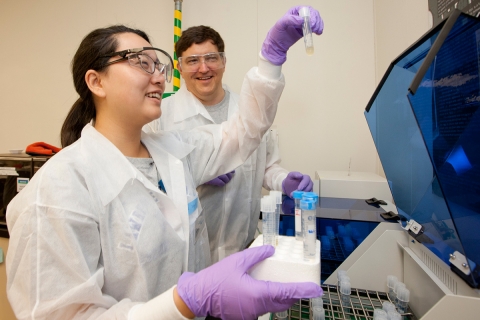
Waksman Student Scholars Program (WSSP)
Waksman Research Fellowships
Undergraduate Summer Research Fellowship
Stipend for mentored research projects during the summer.
Predoctoral Fellowship & Postdoctoral Fellowship
Funding opportunities for predoctoral candidates up to a maximum of four years, and postdoctoral applicants up to one year.
Applicants are evaluated by faculty committee.
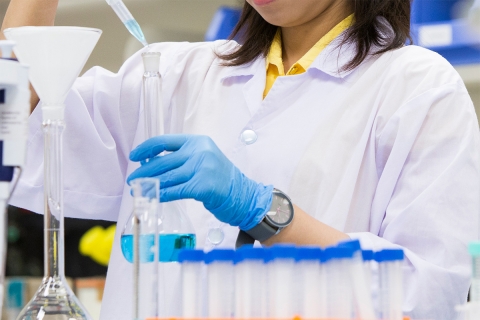
Waksman Research Fellowships
Get Involved
Consider contributing to our efforts by making a gift.
Thank you for your support.
Make a Gift